
|
In addition to basic job searching strategies, this book features practical advice on finding a job in an international context in the 21st century. There is a special section on establishing your online profile in social media such as LinkedIn and Twitter (Ch. 7). Detailed discussions have also been devoted into the preparation of country-specific resumes (Ch. 12, 13 & 15) and cover letters (Ch. 16). The book finishes off with a chapter of practical interviews tips (Ch. 17) and is genuinely an all-in-one book for your job application preparation.
|
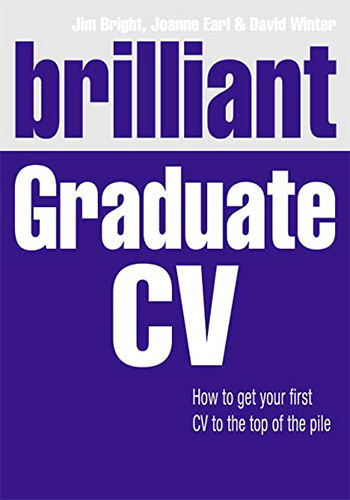
|
Catering for university graduates with little work experience, the book helps you craft persuasive CVs with examples. Beginning with an introduction of the general features in a CV in Part 1, the book guides you how to refine a CV in Part 2, followed by tips in content selection in Part 3 and suggested job search resources in Part 4. "Brilliant tips" in boxes from human resource experts are abundant throughout the chapters.
Highlights include "Making the perfect fit" (pp. 81-106), "Presenting your CV" (pp. 107-120), "Job application letters" (pp. 157-162), and "Addressing selection criteria" (pp. 165-176).
|
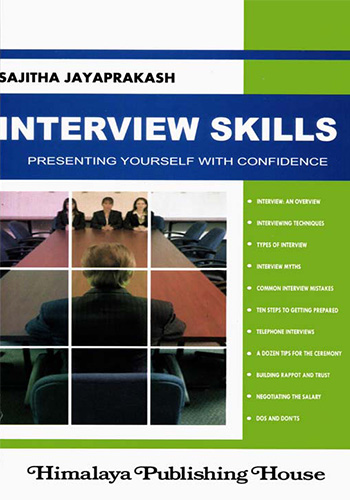
|
This comprehensive book provides its readers with fruitful information with regard to the types of interviews, answers to interview myths, common interview mistakes, and many more. It also includes some commonly asked questions and ideas about how to answer these questions. If you are not completely new to job interviews but would like to further improve your interview skills and avoid common mistakes, this book is just right.
Highlights include "Interview myths" (Ch. 4), "Comm interview mistakes" (Ch. 5) and "Building rapport and trust" (Ch. 9).
|
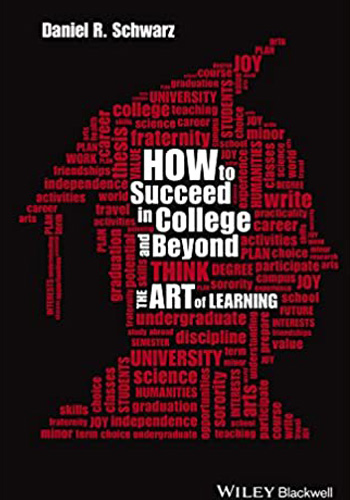
|
Based on the input of many university teachers and students, this book serves as a well-researched resource on how to succeed as an undergraduate student. It offers a myriad of interesting titbits of advice such as “no time period is too short to accomplish something”, “[even if you] feel [...] desperate to make friends quickly[,] it is important to retain your core values and judgment and to avoid becoming part of a herd”, belong to groups in which your initiative matters”, and “you usually can’t fix the past[,] [b]ut you can start from where you are”. Such pithy lines are generally boldfaced in the book, making it suitable for casual browsing.
Highlights include “The College Experience” (Part II) and “Further Essentials” (Part III).
|
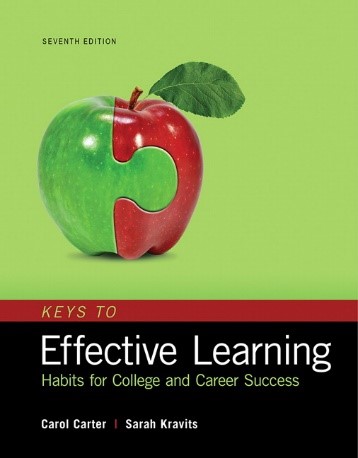
|
Aiming at fostering university students’ self-learning skills and habits, this book expounds on habits of success – persisting learning, anticipating, communicating, imagining, inquiring, contributing, listening, and perceiving. Featuring inspiring case studies and self-reflection exercises, the book will help you direct yourself towards academic success through developing skills on building accountability, teamwork, and critical thinking.
Highlights include “Critical and creative thinking” (Ch. 5), “Reading and information literacy” (Ch. 7), and “Memory and studying: Retaining what you learn” (Ch. 9).
|
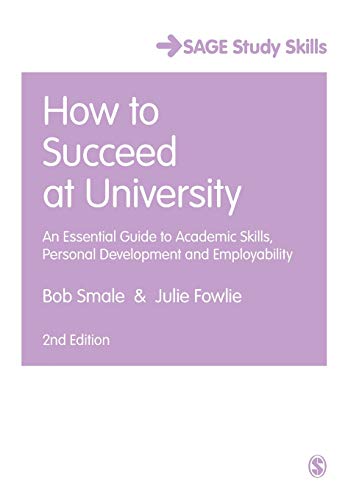
|
Written for university students at all levels, this tripartite book explains personal, academic, and life skills required at university and raises students’ awareness of these skills’ transferability in the workplace. Not only will you read about other students’ experiences, you will also learn practical tips and advice on developing study skills and achieving academic success. In addition, you will benefit from exploring the uses of digital technologies in learning.
Highlights include “How to develop successful examination techniques” (Ch. 8), and “How to understand what is required for your success in gaining internships, placements and jobs” (Ch. 9).
|